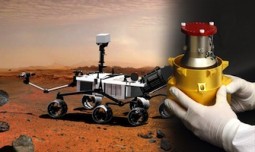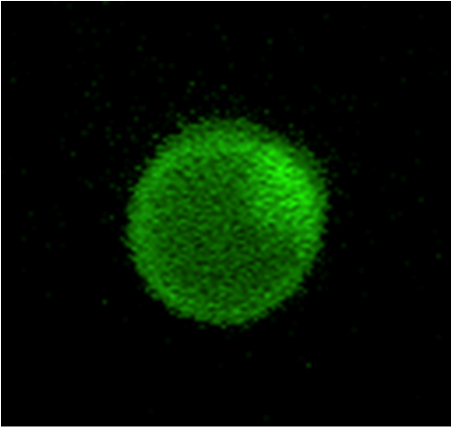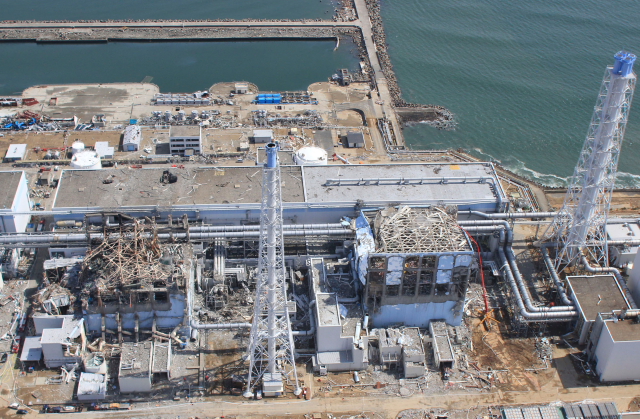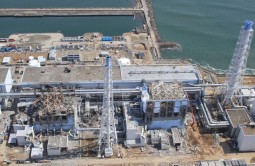Enjoy the two features we offer today, June 4:

Photo courtesy Tom Anchordoquy
Feature #1 (start time 5:36): Cancer drugs are much more targeted than they were many years ago. But researchers are still trying to find a way to deliver drugs much more precisely to cancer cells, partly to avoid damaging, sometimes lethal, side effects. A huge obstacle has been getting nucleic acids to cross the membrane of cancer cells. A new study has brought researchers closer to crossing this big hurdle. Dr. Tom Anchordoquy, a lead author of the study, speaks with co-host Susan Moran about the study and what it means for cancer patients and researchers. Dr. Anchordoquy is an investigator at the University of Colorado Cancer Center in Denver and a professor at the Skaggs School of Pharmacy and Pharmaceutical Sciences.

Feature #2 (start time 15:02): Being an astronaut is a risky job, but perhaps one of the less-known risks is the high levels of radiation beyond the relatively protective cocoon of Earth’s magnetic field. This will be a particularly important problem to address for long-duration deep-space flight such as going to Mars. Until recently there have not been a lot of measurements available of the interplanetary radiation field for the types of radiation that could affect humans. But on the Curiosity rover of the Mars Science Laboratory, there is a radiation detector designed to make those important measurements. The instrument team recently published their initial results. Dr. Don Hassler, Science Program Director at Southwest Research Institute’s Boulder office and the Principal Investigator for the Radiation Assessment Detector on the Mars Curiosity rover, talks with co-host Joel Parker about the results.
Hosts: Susan Moran, Joel Parker
Producer: Susan Moran
Engineer: Joel Parker
Executive Producer: Joel Parker
Listen to the audio here:
Podcast: Play in new window | Download (Duration: 24:40 — 22.6MB)
Subscribe: RSS





